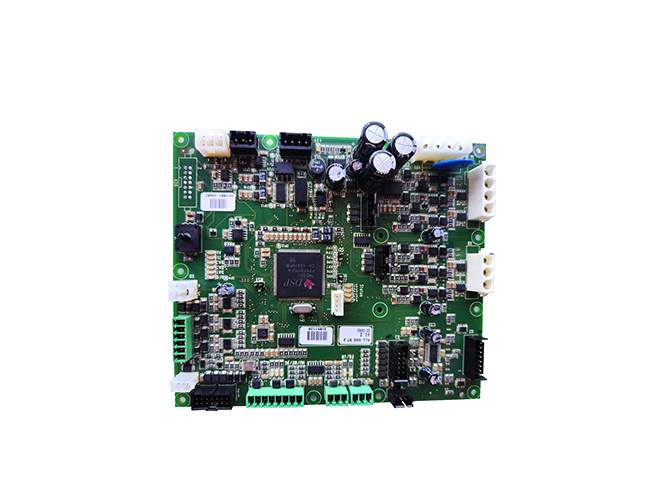-
CN
-
Service Hotline
+8618129931046 Mr. Liao


Time:2025-07-11 Views:1

Flexible Printed Circuits (FPCs) have become indispensable in the design of bendable components in modern medical devices, offering unique advantages in terms of flexibility, miniaturization, and reliability. These thin, lightweight circuits, composed of conductive traces on a flexible polymer substrate (such as polyimide), can withstand repeated bending, twisting, and folding, making them ideal for medical equipment with moving or contour-fitting parts.
In medical devices like wearable health monitors, FPCs enable seamless integration into flexible bands that wrap around the wrist, ensuring comfort while maintaining reliable electrical connections for sensors measuring heart rate, blood oxygen, or skin temperature. Their flexibility allows the devices to conform to the body’s movements without compromising signal integrity, a critical feature for continuous health tracking. Similarly, in endoscopic tools, FPCs are used in the bendable insertion tubes, where they connect tiny cameras and LEDs to the control unit. The ability to flex with the tube’s movements ensures uninterrupted data transmission and illumination, enabling doctors to navigate through complex bodily structures with precision.
Another key application is in implantable medical devices, such as pacemakers and neurostimulators. FPCs in these devices can withstand the body’s natural movements and conform to the shape of internal organs, reducing the risk of mechanical failure. Their biocompatible substrates and encapsulation materials ensure they do not trigger adverse reactions, meeting strict medical standards. Additionally, FPCs support miniaturization, allowing more components to fit into compact implantable devices, which reduces patient discomfort and surgical complexity.
In rehabilitation equipment, such as robotic exoskeletons, FPCs connect sensors and actuators in joint areas that require frequent bending. They replace rigid PCBs, which would restrict movement, and provide a durable solution that maintains electrical performance even after thousands of flex cycles. This reliability is crucial for ensuring the equipment operates safely during patient therapy sessions.
Manufacturers of medical FPCs adhere to rigorous quality standards, including ISO 13485 certification, to ensure biocompatibility, sterility, and performance under harsh conditions (e.g., exposure to bodily fluids or sterilization processes). The circuits are often reinforced with flexible adhesives or cover layers to enhance durability while retaining flexibility, making them a cornerstone of innovation in medical device design.